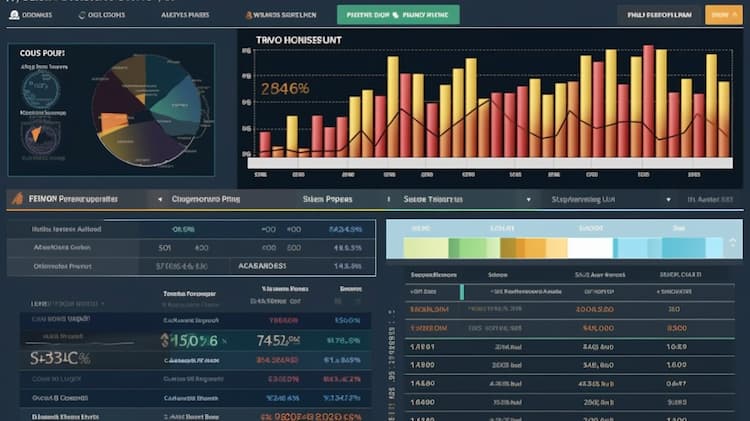
VB VS VEA: A Comprehensive Comparison of ETFs
Exchange-Traded Funds (ETFs) have revolutionized the investment world, offering diversified exposure across various sectors and asset classes. In this article, we will delve into a comprehensive comparison between two popular ETFs: VB (Vanguard Small-Cap ETF) and VEA (Vanguard FTSE Developed Markets ETF). We'll explore different aspects, including their tickers, full names, issuers, sectors, top holdings, capitalization, strategy, tracking, and exposure.
VB VS VEA: Overview
VB and VEA are two distinct ETFs, each catering to different segments of the market. VB focuses on providing exposure to small-cap U.S. stocks, while VEA aims to track developed markets outside the United States. These differing investment approaches lead to diverse exposures and potential risks, which we'll analyze in the upcoming sections.
VB VS VEA: Sectors and Top Holdings
The VB ETF is centered on small-cap companies within the U.S., offering investors access to the growth potential of these enterprises. On the other hand, VEA is designed to mirror the performance of developed markets across various countries, including top holdings like Nestle, Samsung, and Toyota. Understanding the sectors and top holdings of these ETFs is crucial for aligning investments with specific goals.
 VB overlap VB VS VEA: A Comprehensive Comparison of ETFs
VB overlap VB VS VEA: A Comprehensive Comparison of ETFs
VB VS VEA: Capitalization and Strategy
VB has an asset under management (AUM) that reflects its popularity among investors looking for exposure to small-cap stocks. Its strategy focuses on capitalizing on the growth potential of smaller companies. VEA, with its broader market scope, caters to investors interested in developed international markets. The differences in capitalization and investment strategy lead to distinct risk-return profiles.
VB VS VEA: Tracking and Exposure
VB's goal is to mirror the performance of the CRSP US Small Cap Index, which tracks small-cap U.S. stocks. VEA, on the other hand, tracks the FTSE Developed All Cap ex US Index, providing exposure to developed markets excluding the United States. The tracking methods and exposures differ, making these ETFs suitable for investors with varying preferences and risk appetites.
Conclusion
VB and VEA offer investors unique avenues for diversifying their portfolios. Whether you're interested in small-cap U.S. stocks or developed international markets, these ETFs provide specialized exposure. To delve deeper into the intricate details, including holdings, correlations, overlaps, and other insights, consider using ETF insider, an intuitive app that empowers investors with valuable information about various financial instruments.
Disclaimer: This article does not provide any investment advisory services.
Sources: Vanguard ETF Fact Sheets and Prospectuses.
VB ETF issuer
VB ETF official page
VB quote and analysis
Discover the top holdings, correlations, and overlaps of ETFs using our visualization tool.
Our app allows you to build and track your portfolio.
To learn more about the VB Vanguard Small-Cap ETF, access our dedicated page now.

















